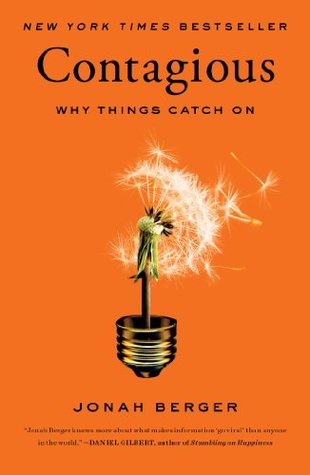More on this book
Community
Kindle Notes & Highlights
Word of mouth is the primary factor behind 20 percent to 50 percent of all purchasing decisions.
Word of mouth is more effective than traditional advertising for two key reasons. First, it’s more persuasive.
Word of mouth, on the other hand, is naturally directed toward an interested audience.
Research by the Keller Fay Group finds that only 7 percent of word of mouth happens online.
Contagious content is like that—so inherently viral that it spreads regardless of who is doing the talking.
We need to design products and ideas that are frequently triggered by the environment and create new triggers by linking our products and ideas to prevalent cues in that environment. Top of mind leads to tip of tongue.
Making things more observable makes them easier to imitate, which makes them more likely to become popular.
There are three ways to do that: (1) find inner remarkability; (2) leverage game mechanics; and (3) make people feel like insiders.
One way to generate surprise is by breaking a pattern people have come to expect.
People don’t just care about how they are doing, they care about their performance in relation to others.


